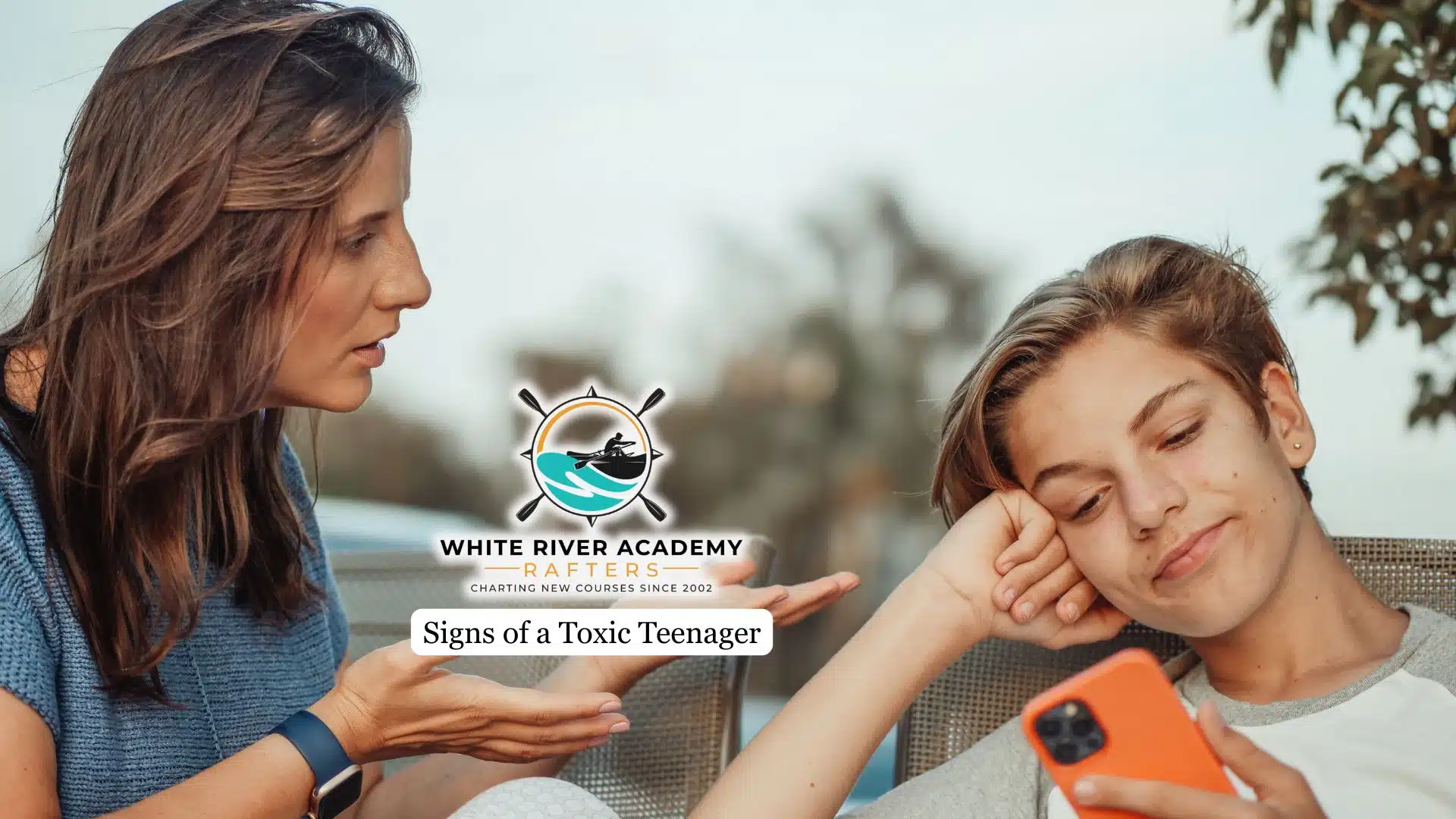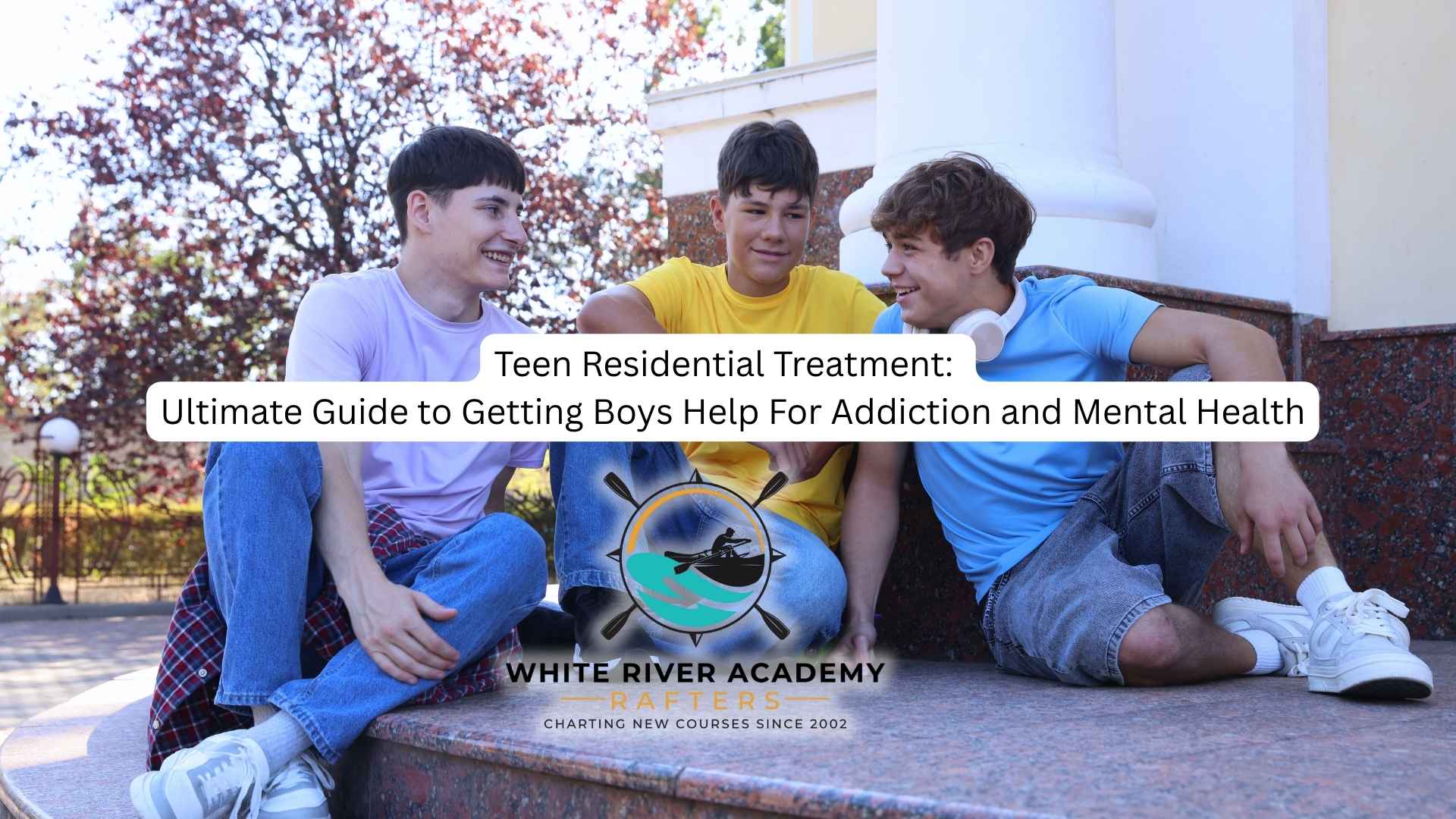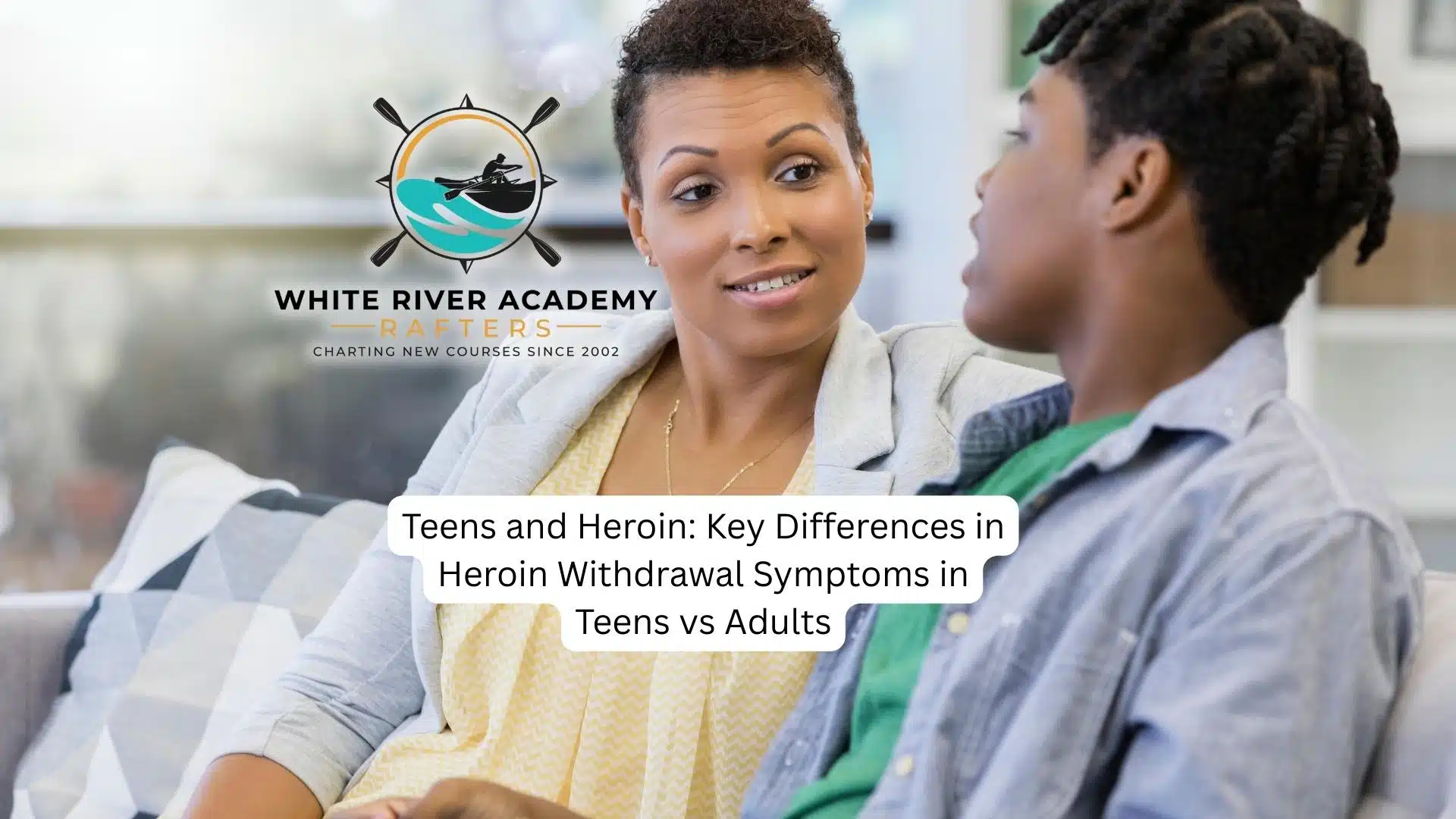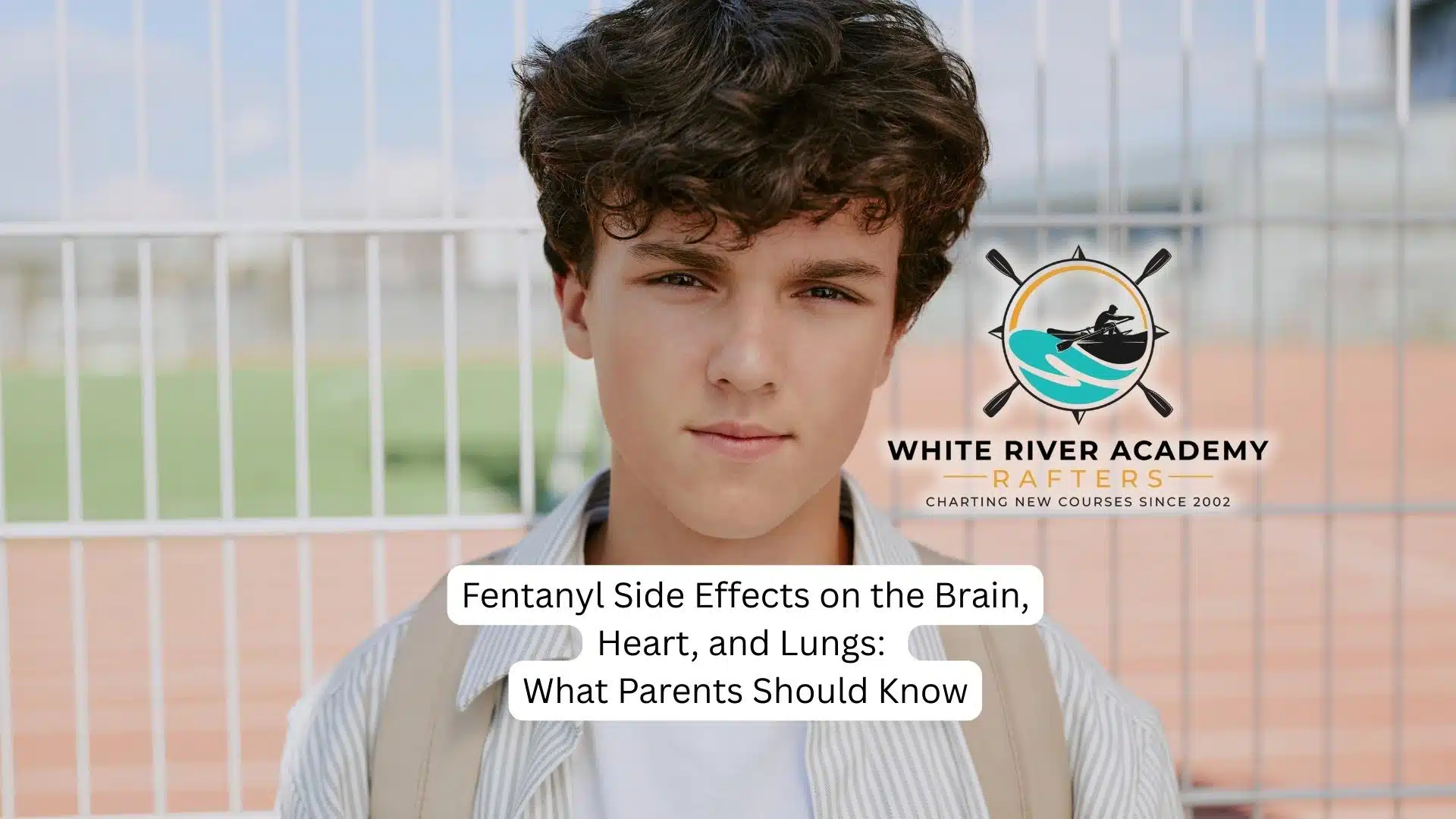Identifying toxic behavior in teenagers can be challenging, especially when typical adolescent mood swings and growing pains blur the line between normal and concerning behavior. However, recognizing the signs early on is critical for both the teen’s development and the well-being of those around them.
This article outlines the key indicators of toxic behavior in teens and explains how parents and caregivers can respond with understanding and effective intervention.
Chronic Disrespect and Defiance
While some level of rebellion is a normal part of adolescence, constant defiance and blatant disrespect go beyond typical teenage behavior. A toxic teenager often shows persistent contempt for authority, household rules, and social norms. This might include talking back frequently, ignoring consequences, refusing to take responsibility, or even manipulating situations to avoid accountability.
These patterns, when unaddressed, can escalate into deeper behavioral issues. Consistent defiance may also indicate underlying emotional distress, trauma, or a developing mental health condition that needs professional evaluation and therapeutic support. In some cases, this behavior may be linked to behavioral addictions—such as compulsive gaming, internet use, or social media dependency—which can further impair a teen’s emotional and social development. All of those issues demand the attention of professionals helping troubled adolescent boys, who are qualified to carry out the needed forms of therapy aimed to improve your son’s mental and physical wellbeing.
Emotional Manipulation and Gaslighting
Toxic teens may use emotional manipulation to control or confuse others. Gaslighting—making others question their reality or feelings—is a particularly harmful behavior that erodes trust within families. For instance, a teenager may deny things they clearly said or twist events to make others feel guilty, unstable, or overly sensitive.
Manipulative behaviors can be subtle or overt, but they usually serve the purpose of avoiding consequences or asserting control. Recognizing these patterns is essential to breaking the cycle and re-establishing healthy boundaries.
Aggression and Intimidation
Another red flag is the use of aggression—verbal or physical—to intimidate or control others. This includes shouting, slamming doors, threats, and in more severe cases, physical altercations or destruction of property. While teens may experience heightened emotions, repeated outbursts or threatening behavior is a clear sign of toxicity.
Unchecked aggression not only puts others at risk but may also point to unresolved anger, frustration, trauma, or substance use issues that the teen is struggling to process. Early intervention—including therapy and, when appropriate, addiction treatment—can help address these issues before they develop into more dangerous patterns.
Lack of Empathy and Remorse
A consistent lack of empathy or remorse for hurtful actions is a major sign of toxic behavior. If a teenager frequently dismisses others’ feelings, refuses to apologize, or shows no concern for the impact of their actions, it may reflect deeper behavioral concerns.
Teens who lack empathy may struggle with emotional regulation or cope with attachment-related issues. Helping them understand the emotional consequences of their actions is a critical step toward healing and healthier relationships.
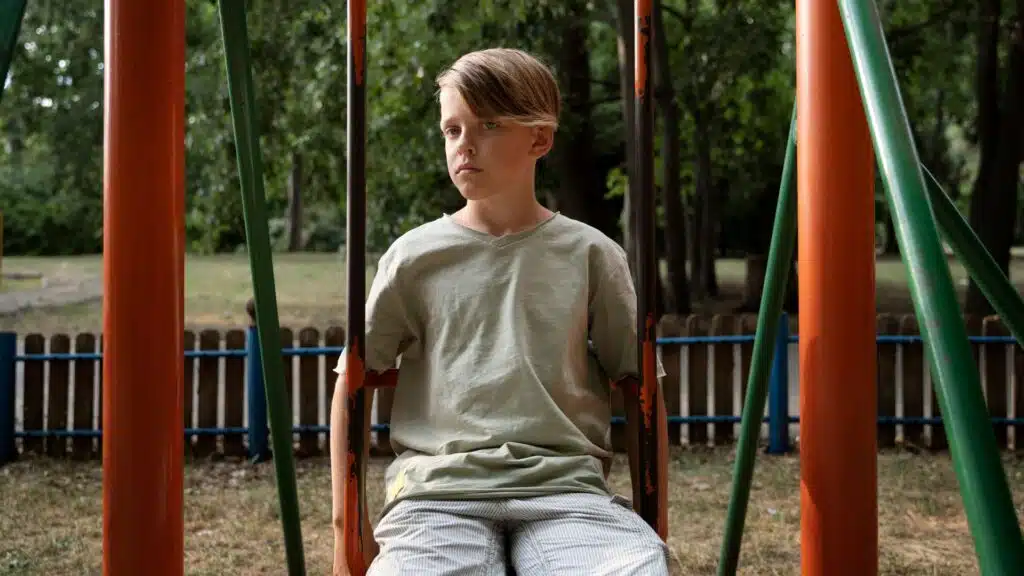
Controlling Behavior in Relationships
Toxic teens often display controlling behavior in friendships or romantic relationships. This might involve excessive jealousy, isolation of others from their social circles, or demanding constant attention and reassurance. These behaviors are not just problematic—they can be warning signs of future abusive patterns.
When a teenager regularly oversteps others’ boundaries or uses guilt to manipulate friends or partners, it’s important to intervene and provide guidance on respect, autonomy, and emotional maturity.
Blaming Others and Avoiding Responsibility
Taking responsibility for mistakes is a vital life skill, but toxic teens often refuse to acknowledge their role in conflicts or consequences. They may blame parents, teachers, siblings, or peers for their actions and play the victim to avoid accountability. This constant deflection can strain relationships and prevent personal growth.
Encouraging honest reflection and promoting accountability are essential in helping teens move away from toxic patterns. Without intervention, this mindset can carry into adulthood and severely impact their ability to function in healthy environments.
Final Thoughts from White River Academy
Recognizing the signs of a toxic teenager is not about assigning blame—it’s about identifying harmful behaviors that may signal deeper emotional or psychological struggles. Left unaddressed, these patterns can lead to long-term relationship difficulties, academic problems, and mental health issues.
At White River Academy, we specialize in supporting adolescent boys through evidence-based therapeutic programs that address behavioral challenges at the root. With a focus on emotional regulation, personal responsibility, and healthy communication, we help teens and families rebuild stronger, healthier relationships.

